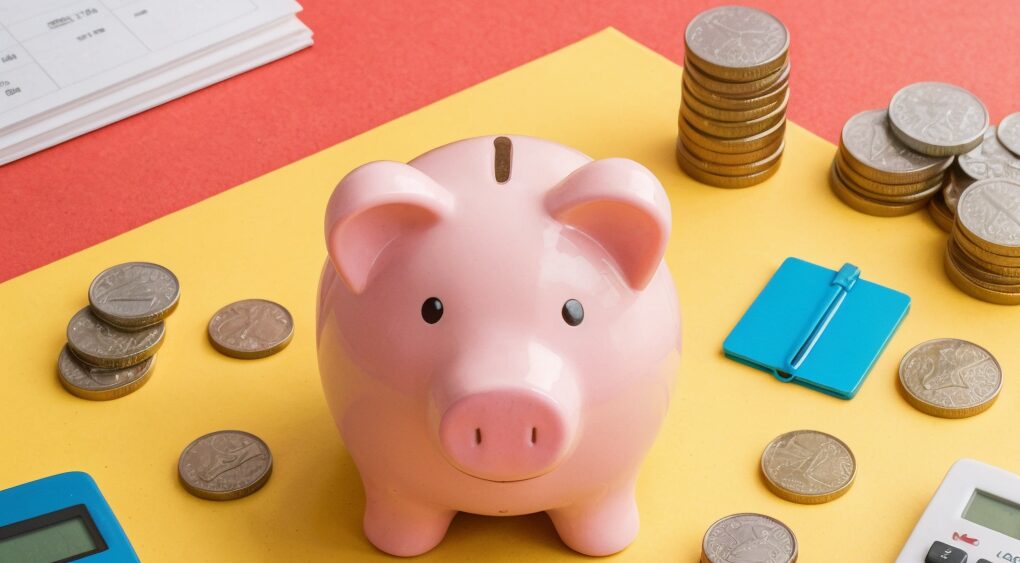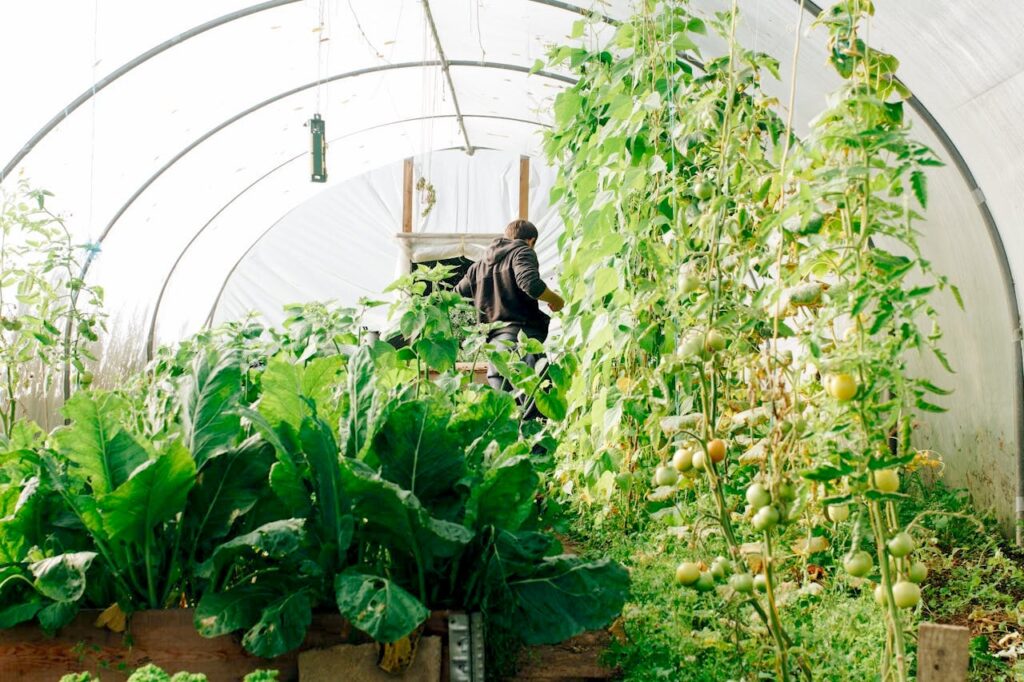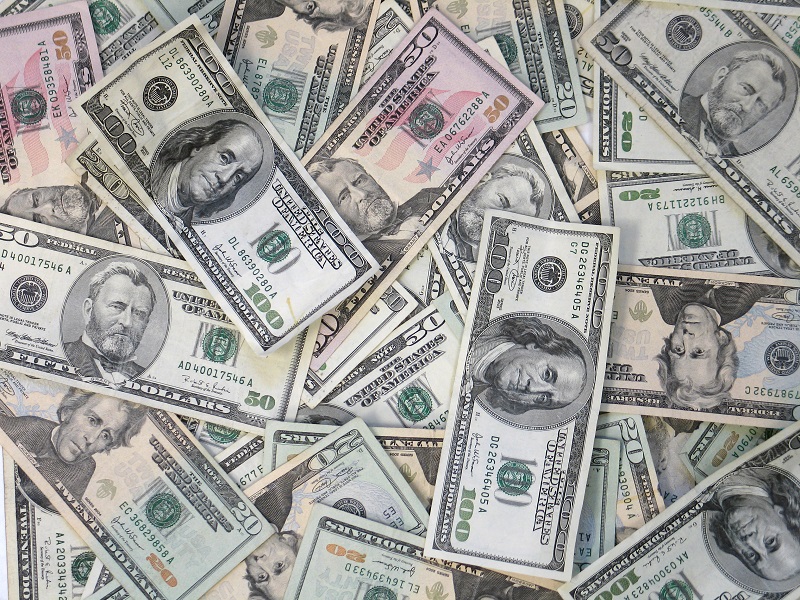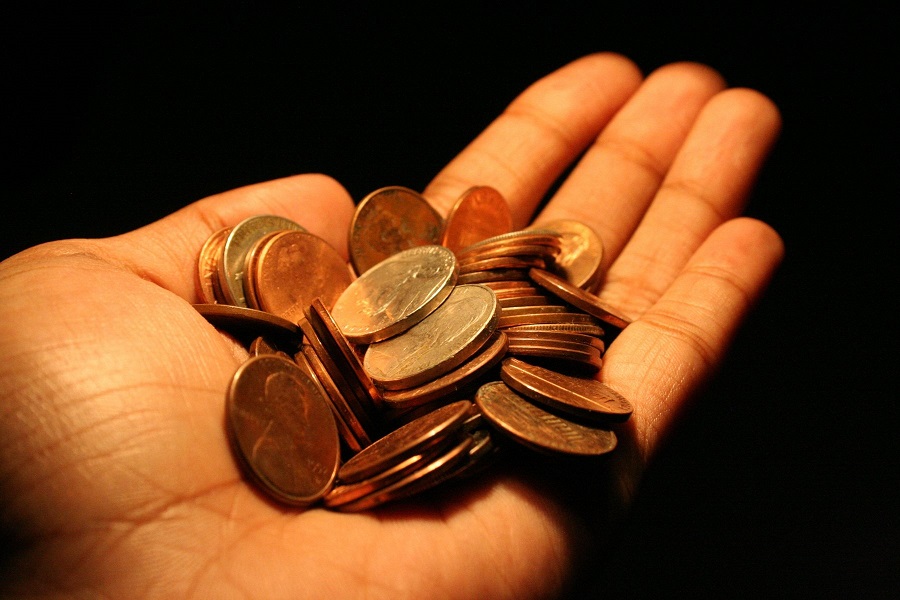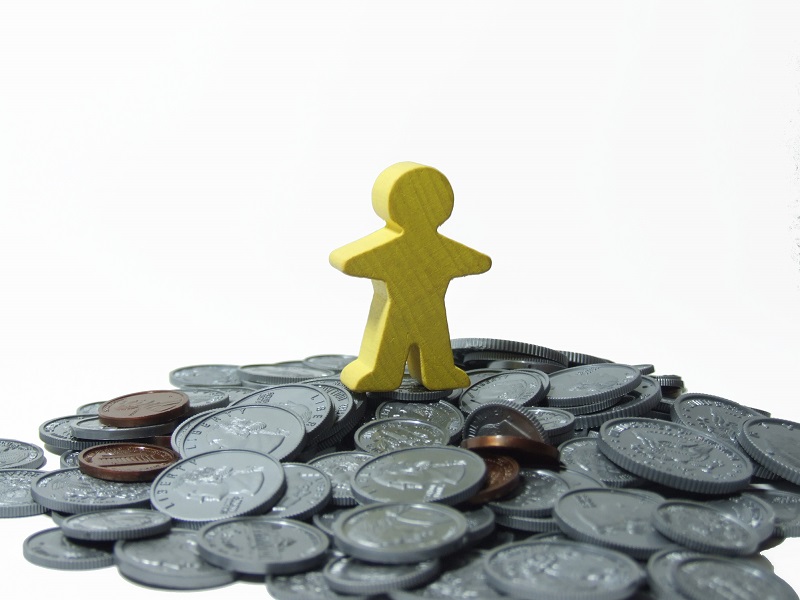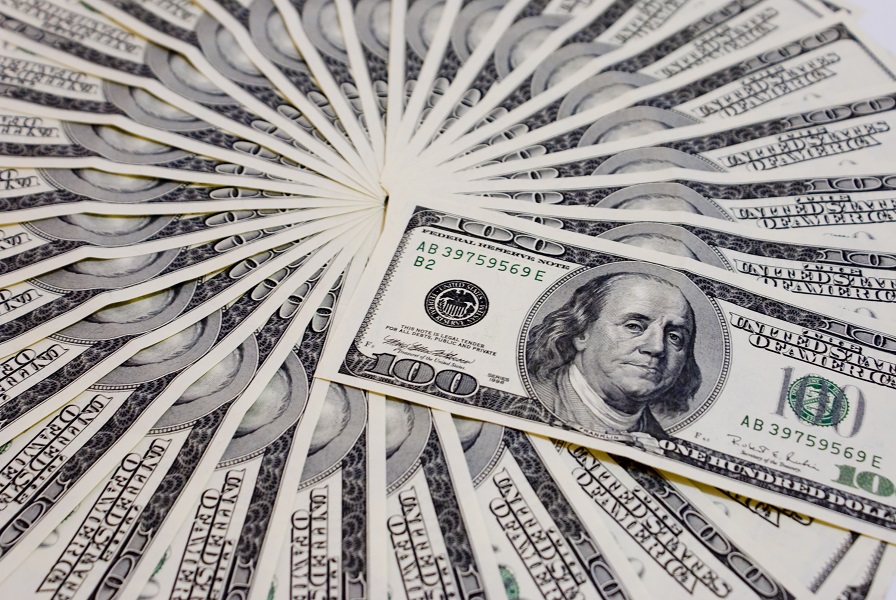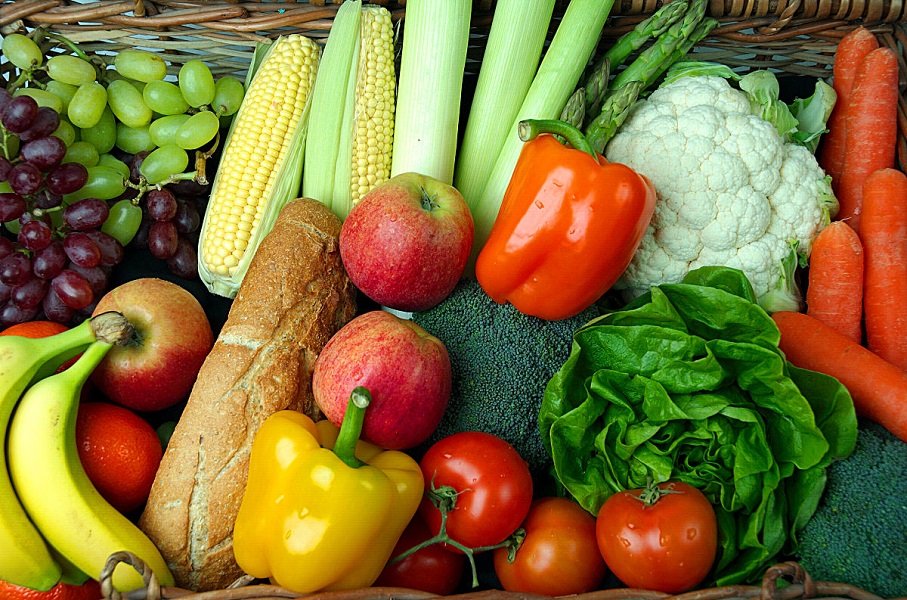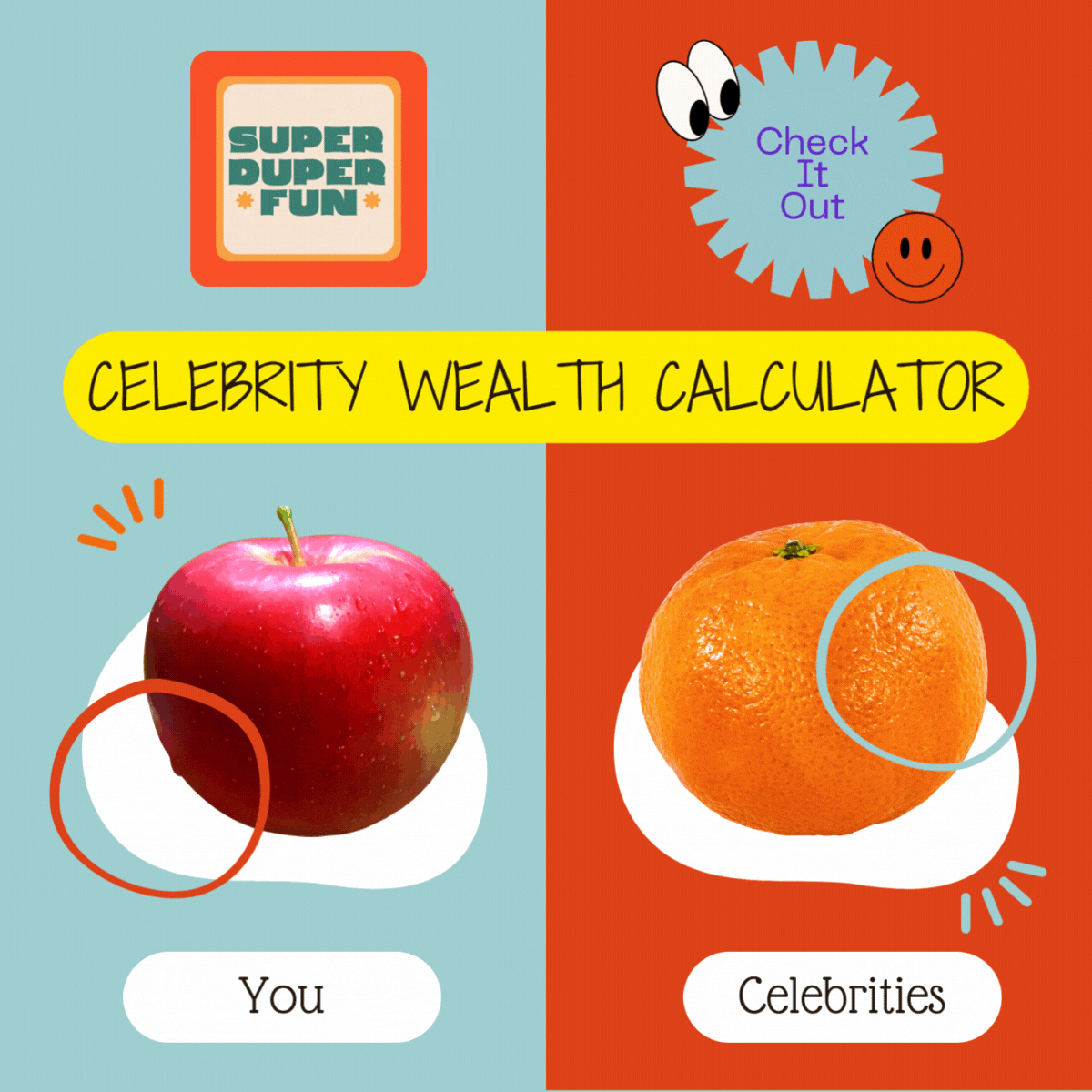Dealing with personal finances can be frustrating. But what if we told you that kicking debt to the curb and building your wealth could actually be fun? That’s right, folks! Gather ’round as we look at 18 smart strategies to pay off debt and build your wealth.
1. Share Your Space
Why not try renting out unused space in your home? Storage space, an extra room, or even your driveway can be goldmines in today’s sharing economy. There are plenty of websites out there that match space-seekers with space-offerers, and the income can help reduce your debt faster than you might realize!
2. Peer-to-Peer Lending
Lend a hand and a dollar to others while pocketing some interest for yourself. There are quite a few platforms out there that connect lenders with borrowers, so you can earn returns as your peers repay you with interest. Just imagine yourself as being like the bank, just without the marble floors or the stuffy suits.
3. Your New Best Friend
Forget Netflix and chill – library and thrill is where it’s at! If you go to the library, you can get books, movies, and sometimes even streaming services for free! This switch can save you a pretty penny on entertainment expenses. You can use those savings to pay off your debt instead!
4. High-Yield Savings Account
In the world of investment, sometimes, the tortoise beats the hare. Placing your funds in a high-yield savings account means earning more interest than your standard bank offers. It’s a slow cooker method to wealth building – set it, forget it, and let it gradually build its way to financial growth.
5. Use Cashback Rewards
Use cashback rewards cards to make your spending work for you. Cashback rewards can turn everyday purchases into a small but steady stream of passive income. This way, you get a reward for spending on necessities or the occasional splurge. Just make sure you stick to what you usually buy!
6. Affiliate Marketing
Do you have a good social media presence or just a lot of friends? You can earn commissions by promoting products or services you believe in. You can use your influence for income, turning recommendations into revenue, as there are plenty of companies out there willing to pay for a bit of promotion.
7. Stock Photography
If you’re the shutterbug of the family, then you should try selling your photos as stock images online. It’s an easy way to turn a hobby into a source of passive income – your gallery is a goldmine! Just remember, the more unique and high-quality your photos are, the more they’ll stand out.
8. Write and Sell an eBook
Share your expertise or stories in an eBook. Sure, it’s difficult, but it’s not impossible! Your book could be the next big hit in niche markets, which will give you royalties for years to come. And the beauty of eBooks is the set-it-and-forget-it nature – write once, sell forever. It’s the perfect passive income!
9. Design and Sell T-Shirts
Combine your witty sayings or artistic skills with a bit of entrepreneurship by designing and selling T-shirts. Platforms like Teespring or Redbubble make it easy to put your designs out there without the need for upfront investment in inventory. This is your chance to wear your heart on your sleeve – literally -and make some money while you’re at it.
10. The Great Outdoors as Your Gym
Forget pricey gym memberships – Mother Nature can give you a free gym membership with a view. Hiking or just walking in the great outdoors will improve your health and also your pocketbook, so you’re killing two birds with one stone! And as an added bonus, no gym wall can beat these beautiful views.
11. Turn Clutter into Cash
That attic filled with ’70s relics? It’s not a time capsule – it’s a treasure trove. Online marketplaces are filled with collectors and enthusiasts who might view your “junk” as a rare find. Selling these items can help you reduce your debt and declutter your living space – imagine turning that lava lamp into cold, hard cash.
12. Go Green, Save Green
Energy-efficient appliances or improvements to your home can seem pricey upfront, but think of it as planting a money tree. Reduced utility bills mean more money to reduce your debt. And let’s not forget the potential tax incentives for making your home more energy-efficient. It’s like the government is paying you to save money!
13. The Art of Bartering
Why spend when you can trade? Offer your skills or goods in exchange for something you need to avoid the need for cash, keeping your wallet fat and happy. For example, you could swap gardening skills for haircuts or carpentry work for dental services. The possibilities are endless, and the economic thrill? Unbeatable!
14. Become a Plant Whisperer
Starting a vegetable garden might seem strange, but it’s a solid gold strategy for cutting grocery bills. Plus, there’s nothing quite like the taste of victory (or tomatoes) that you’ve grown yourself. If you get really good at it, you could even start your own farm stand. Talk about fresh and profitable!
15. The Spy Who Saved Me Money
Believe it or not, you can get paid to shop – mystery shopping gigs cover your expenses and pay a little on top. It’s a way to do some retail therapy without the guilt because you’re actually being smart! Just imagine being the secret agent of the shopping world, where your missions are actually padding your bank account rather than draining it.
16. Health is Wealth
Investing in your health can actually save you a fortune in medical expenses down the line. Whether it’s exercising, dieting, or even preventative care, it’s all a deposit into your health savings account, reducing future withdrawals (of both the financial and physical kind). Also, being fit and healthy means you can enjoy your riches for longer!
17. Refinance Your Ride
Everyone knows about refinancing your mortgage, but did you know you can also refinance your car loan? If interest rates have dropped since you secured your original loan, refinancing could reduce your monthly payments and total interest paid, freeing up more money for debt repayment. It’s simpler and more painless than you might think.
18. The Gift of Gab
Prices aren’t always set in stone. Whether it’s cable bills or medical expenses, a polite conversation can help you reduce your debt or create payment plans. The worst they can say is no, but when they say yes, you’ll feel great! You can turn potential expenses into savings or manageable amounts.
Stay Positive
Remember, the path to financial freedom doesn’t have to be boring. With a little creativity and some diligence, you can make managing money into something, dare we say, fun! These 18 clever strategies will be your way to financial freedom – here’s to laughing all the way to the bank!

Tamila McDonald is a U.S. Army veteran with 20 years of service, including five years as a military financial advisor. After retiring from the Army, she spent eight years as an AFCPE-certified personal financial advisor for wounded warriors and their families. Now she writes about personal finance and benefits programs for numerous financial websites.
